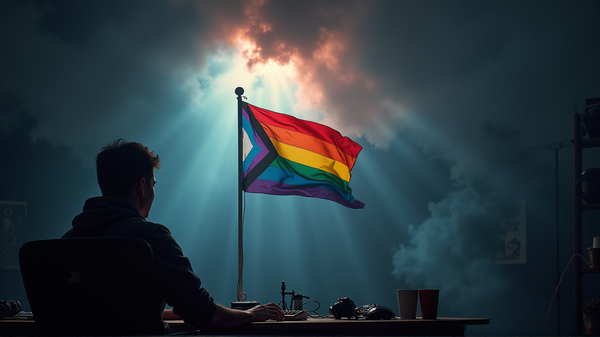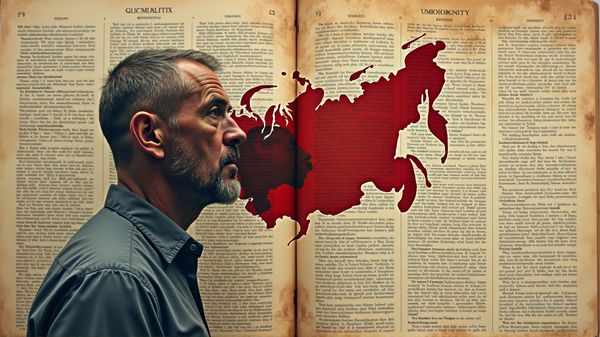Internet Censorship in Russia. New Laws of 2020 and 2021
In Russia, the authorities want to control the entire Internet and all instant messengers completely. Every year, the Russian authorities introduce more and more new laws regarding Internet censorship.
Russian Internet censorship in 2020
In 2020, Russian President Vladimir Putin signed a law to combat the spread of fakes in social networks, a federal law on retaliatory sanctions for censoring Russian media on foreign Internet platforms. Also, Russia has passed a law on the imprisonment for libel on the Internet with a fine of up to 1 million rubles (~$13,550) or imprisonment for up to two years.
Also, at the end of 2020, amendments to the law "On Information" were adopted. One of the amendments obliges social networks from February 1, 2021, to independently identify and block illegal content. Social networks will have to restrict access to information expressing "clear disrespect" for society, the country, the Constitution, and containing calls for mass riots, extremism, and participation in uncoordinated public events.
On December 18, 2020, it became known that YouTube and Facebook would face a fine of up to one-fifth of the annual revenue for repeated failure to comply with the requirement to remove content prohibited in the Russian Federation.
Russian Internet censorship in 2021
The year 2021 has just begun, but Russia has already managed to introduce several new laws regarding Internet censorship:
On February 1, 2021, amendments to the law "On Information, Information Technologies and Information Protection" entered into force in Russia, requiring social networks to delete messages with obscenities.
Thus, the new law prohibits publishing the following information on social networks:
- materials of a pornographic nature with the participation of minors;
- information that induces children to commit illegal actions;
- data on the methods of manufacture and use of drugs;
- calls for suicide and data on how it can be committed;
- online casinos and online alcohol sales;
- information that "offends human dignity and public morality, expresses clear disrespect for society, the state, official state symbols of the Russian Federation, the Constitution of the Russian Federation or state authorities";
- calls for riots, extremism, terrorism, and participation in uncoordinated public events.
For violation of the new law, the social network administration will pay a fine from 800,000 to 4 million rubles (~$54,200).
In mid-January 2021, the Dropmail service allowing the creation of a temporary e-mail for anonymous registration was blocked.
The service creators announced that they were blocked without warning, and they noticed that the analog of its service was created in the Russian-language version.
In mid-January 2021, it also became known about the intentions of
Federal Communications Agency. They want to introduce licenses for applications from which people can make calls. The introduction of licenses would make it easier for security authorities to control such services, including Skype, WhatsApp, and Viber.




